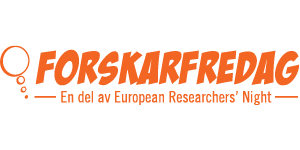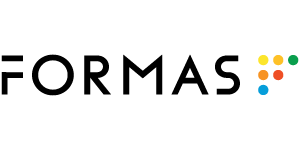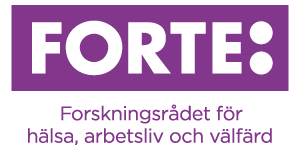Below we present the finalists, who competed in the national final in Stockholm on 25 November 2021.
Finalist: Richelle Duque Björvang
Division of Obstetrics and Gynecology, Karolinska Institute

Fewer Kids: Not Always By Choice
In the 1950s, women had 4-5 children. Today, women have 2-3 children. The decline is partly by choice. People choose to have fewer kids or none at all. But there are likely other reasons behind this that is not necessarily by choice. Infertility affects 10-15% of couples worldwide. And recently, there are more and more evidence showing that man-made chemicals around us may play a role in the capability of people having children. The chemicals are in Teflon in nonstick pans, make-up, pesticides, electronic gadgets, toys, furniture and so much more.
We wanted to study the link between chemicals and fertility in women. By studying this, we are one step closer to better regulations so that we will all live in a safe environment where chemicals will not decide how many kids you have. That decision should only be up to you.
Finalist: Louise Karlsson
Center for Research on Welfare, Health and Sport, Halmstad University

Why are stress-related illnesses on the increase?
Stress, you may have heard about it before? Maybe you hear about it on a daily basis? Maybe you have even experienced it yourself today? More and more people are finding it difficult to juggle everyday life and become ill due to stress. Stress-related sick leave is increasing year on year and in 2020, approximately 41 percent of all ongoing illnesses were linked to stress. Statistics show that it is not only the number of people on sick leave that is increasing, but also the length of these sick leaves. This costs both society and the individual large amounts of money and enormous suffering. But why? And what are the primary risk factors for being affected?
I work part-time as an occupational therapist in primary care where I often help individuals regain control of their everyday lives, while with my research, I am also hoping to shed light on how we, at a group and community level, can promote health so that more people feel well, thereby preventing stress-related ill health.
Finalist: Michael Bossetta
Media and Communication Studies, Lund University
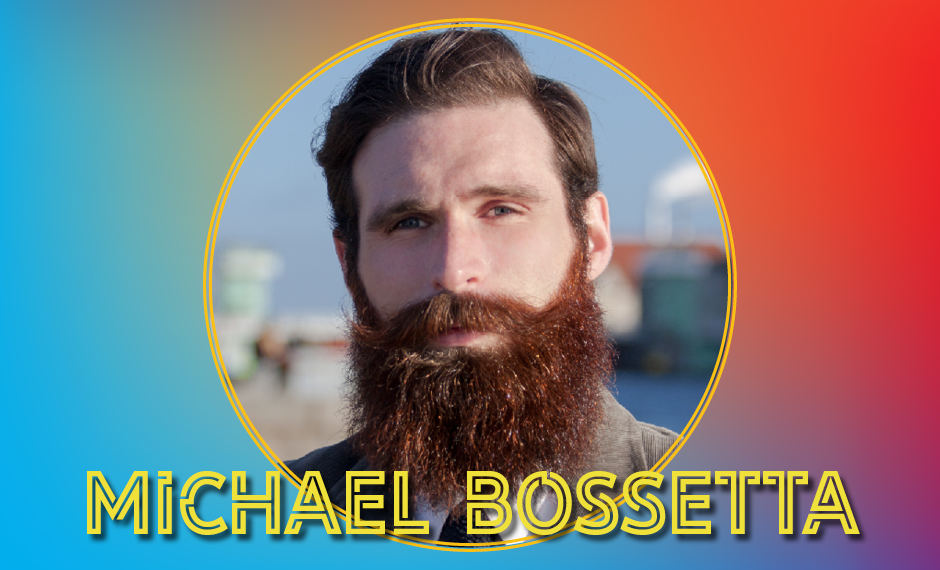
Social media and politics
Social media are exciting new platforms for politics. Politicians use social media to win elections, citizens use them to discuss politics, and ‘bad actors’ use them to spread fake news and disinformation. But how do we actually study politics on social media?
I’ll share my research using experiments and digital methods. The presentation shows a study of fake news on Twitter, and how I use computer vision to study emotions in Facebook political ads.
Finalist: Alexander Flaig
Department of Management and Engineering, Linköping University
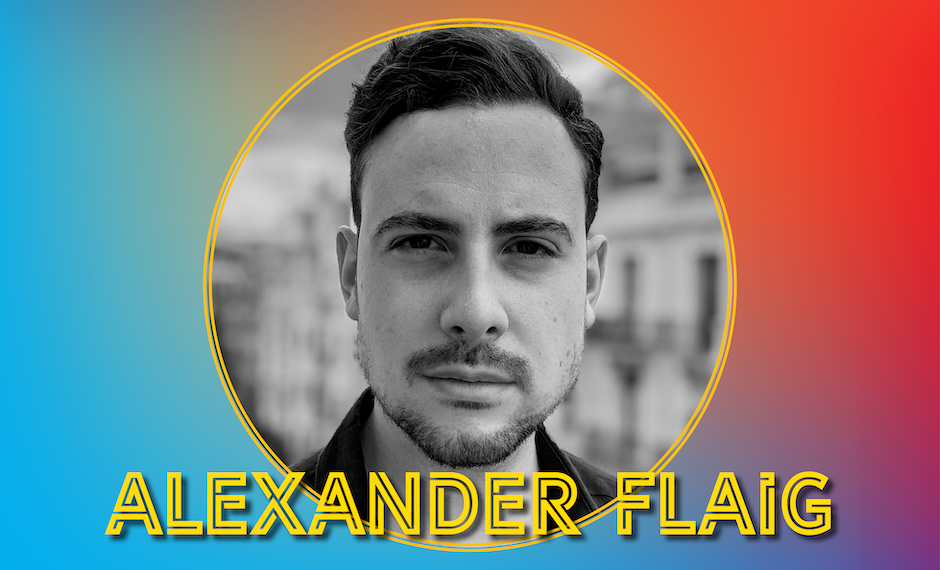
Shaping sustainable markets
With our race to stop climate change, environmental pollution and resource depletion, many countries and much of research is focusing on developing and providing sustainable solutions.
However, despite promising and proven solutions, many solutions remain unused. And often you might hear or read that the problem is the market. More specifically, the lack or unattractiveness of a market.
But what is actually a market? If we look at research, we get some clues that help us describe a market. It is you, it is me, it is everyone that in some form is involved in selling, buying, using, producing, etc. a specific product or service.
But how do we get us all to actually start to buy, sell, produce, etc. a specific product/service? For this we need to understand how a market develops and how it can be shaped. Because once we know how to shape a market, we can ensure that sustainable solutions receive their sustainable market.
And this is what my research project focuses on. Understanding and providing actionable strategies on how to shape markets for sustainable solutions.
Finalist: Yingwei Ouyang
Department of Chemistry and Chemical Engineering, Chalmers University of Technology
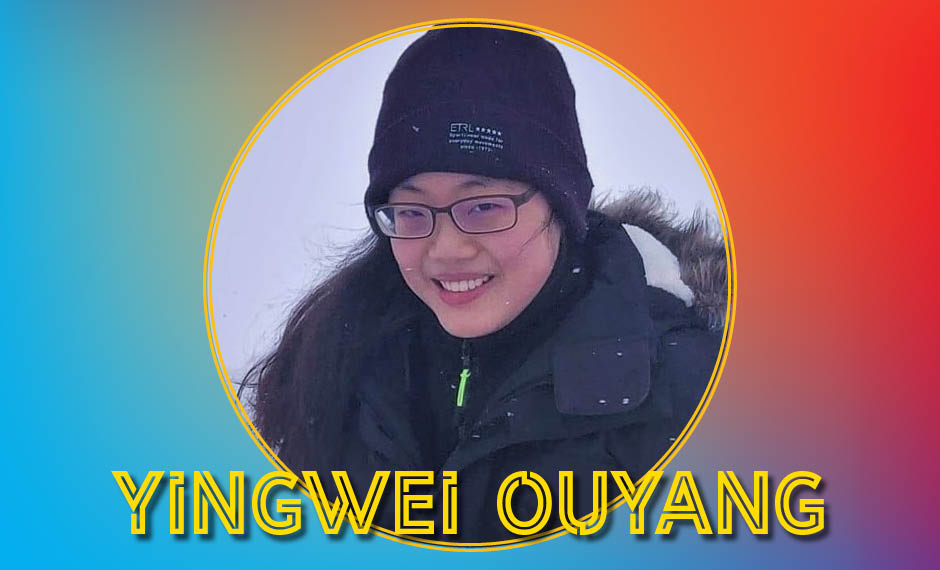
Couples therapy for plastics (for the sake of our planet!)
With the climate crisis, we need more sustainable ways of meeting our energy demands. We hear a lot about solar cells and wind turbines… but these are not of much use if the energy they harness is lost before even reaching us! We need power cables that efficiently transport electricity, enabled by the insulating layer surrounding the cable wire. The insulation material should not only minimise the loss of electricity during transportation, but must also withstand the high temperatures in the cable!
Polyethylene (the plastic in plastic bags) is an almost perfect material, except it is too weak at the high cable temperatures. The material can be strengthened by adding another plastic that is harder to melt, like polypropylene (eg. in takeaway boxes). However, this only works if the two plastics mix well, which they don’t because they dislike each other. My research focuses on understanding and developing different ways of improving the relationship between the two plastics – with the goal of achieving the ideal insulation material for cables that transport electricity (to us) efficiently!
Finalist: Robert Lagerström
Division of Network and Systems Engineering, Royal Institute of Technology, KTH

Stopping cybercriminals
In the media, we hear about hackers who manage to steal millions of kronor from banks, switch off the electricity networks of entire cities, lock computers in hospitals in the middle of an ongoing pandemic or influence the results of presidential elections. I work in a research group that is mapping how cyber attacks work by, among other things, hacking various systems myself.
Based on this work, my group has developed an app that can build large maps of IT systems and then identify where a hacker can get in, move around the system and reach important functions. Companies that use the app can therefore get a better understanding of the IT that they have and how vulnerable they are to cyber attacks in order to make the best decisions about security. The objective is to make IT systems as secure as possible.
Finalist: Sophia Hernandez
Bushell Lab, MIMS/Umeå University

Plasmodium’s Kryptonite: Developing Tools to Study Essential Genes in Plasmodium
Malaria is a disease caused by the Plasmodium parasite that disproportionately affects developing regions of the world. It is the biggest killer among all parasites, killing thousands of people per year. There is still a lot we don’t know about the parasite’s biology, and this is one of the reasons why it has been difficult to eradicate the disease. Conventional methods to study the function of genes involves removing the gene and looking at the effect on the parasite. However, it has been difficult to uncover and study essential genes with this approach as upon removal of an essential gene the parasite dies.
I am trying to address this problem by developing tools to study these essential genes, to try to get a better understanding of the parasite’s biology and provide information useful to the development of ways to target the parasite such as therapeutics and vaccine design.

